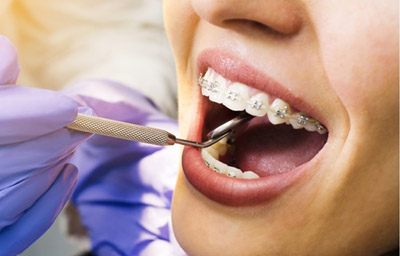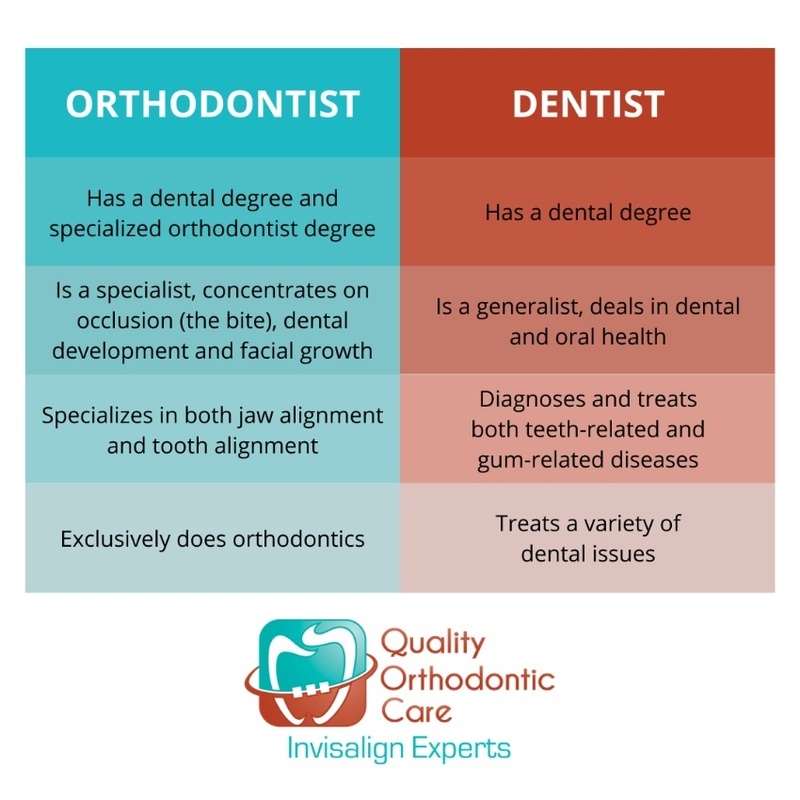Unknown Facts About Causey Orthodontics
Unknown Facts About Causey Orthodontics
Blog Article
The Only Guide to Causey Orthodontics
Table of ContentsThe Basic Principles Of Causey Orthodontics Causey Orthodontics Things To Know Before You Get ThisHow Causey Orthodontics can Save You Time, Stress, and Money.The 7-Second Trick For Causey OrthodonticsSome Known Facts About Causey Orthodontics.
Disregarding occlusal partnerships, it was regular to get rid of teeth for a selection of oral concerns, such as malalignment or overcrowding. The concept of an intact dentition was not commonly appreciated in those days, making bite relationships seem unimportant. In the late 1800s, the concept of occlusion was crucial for producing dependable prosthetic replacement teeth.As these concepts of prosthetic occlusion advanced, it ended up being a vital device for dentistry. It was in 1890 that the job and influence of Dr. Edwards H. Angle began to be really felt, with his contribution to modern orthodontics especially notable. Initially focused on prosthodontics, he showed in Pennsylvania and Minnesota before routing his focus in the direction of oral occlusion and the therapies required to maintain it as a regular condition, hence ending up being called the "dad of modern orthodontics".

The concept of excellent occlusion, as postulated by Angle and incorporated into a classification system, enabled a change towards treating malocclusion, which is any inconsistency from normal occlusion. Having a full collection of teeth on both arcs was very demanded in orthodontic therapy as a result of the requirement for specific relationships in between them.
All about Causey Orthodontics
As occlusion came to be the crucial concern, facial proportions and aesthetic appeals were overlooked - Causey Orthodontics. To attain perfect occlusals without using outside forces, Angle postulated that having ideal occlusion was the very best means to acquire maximum face aesthetic appeals. With the death of time, it became rather apparent that even an extraordinary occlusion was not suitable when considered from a visual factor of view
It came to be obvious that orthodontic therapy could adjust mandibular growth, resulting in the development of useful jaw orthopedics in Europe and extraoral force procedures in the US. Nowadays, both useful appliances and extraoral gadgets are used around the globe with the purpose of modifying development patterns and forms. As a result, pursuing real, or at least improved, jaw partnerships had ended up being the primary objective of treatment by the mid-20th century.
The Facts About Causey Orthodontics Revealed
 Up until the mid-1970s, dental braces were made by covering metal around each tooth. https://www.gaiaonline.com/profiles/causeyortho7/46778268/., it became possible to instead bond steel braces to the teeth.
Up until the mid-1970s, dental braces were made by covering metal around each tooth. https://www.gaiaonline.com/profiles/causeyortho7/46778268/., it became possible to instead bond steel braces to the teeth.Andrews offered an informative meaning of the excellent occlusion in long-term teeth. This has actually had meaningful impacts on orthodontic treatments that are administered regularly, and these are: 1. Proper interarchal partnerships 2. Appropriate crown angulation (pointer) 3. Right crown disposition (torque) 4. No turnings 5. Limited call points 6. Apartment Curve of Spee (0.02.5 mm), and based upon these principles, he discovered a treatment system called the straight-wire device system, or the pre-adjusted edgewise system.
The advantage of the style depends on its bracket and archwire combination, which requires only minimal cable flexing from the orthodontist or medical professional (best orthodontist). It's appropriately called hereafter function: the angle of the port and density of the brace base eventually determine where each tooth is positioned with little requirement for extra control
The Ultimate Guide To Causey Orthodontics
Both of these systems utilized identical braces for each tooth and necessitated the flexing of an archwire in 3 airplanes for locating teeth in their wanted positions, with these bends determining supreme positionings. When it pertains to orthodontic appliances, they are split into two types: detachable and repaired. Detachable home appliances can be taken on and off by the individual as required.

Hence, mostly all contemporary set devices can be thought about variations on this edgewise device system. Early 20th-century orthodontist Edward Angle made a major contribution to the globe of dentistry. He created 4 unique appliance systems that have actually been utilized as the basis for many orthodontic treatments today, barring a couple of exemptions.
Everything about Causey Orthodontics

The cable ended in a string, and to relocate ahead, a flexible nut was made use of, which enabled for an increase in circumference. By ligation, each individual tooth was connected to this expansive archwire (cheapest orthodontist near me). Because of its minimal series of motion, Angle was unable to attain accurate tooth placing with an E-arch
These tubes held a soldered pin, which could be rearranged at each appointment in order to relocate them in place. Referred to as the "bone-growing appliance", this gizmo was theorized to urge healthier bone development due to its possibility for transferring pressure directly to the origins. However, executing it proved frustrating in truth.
Report this page